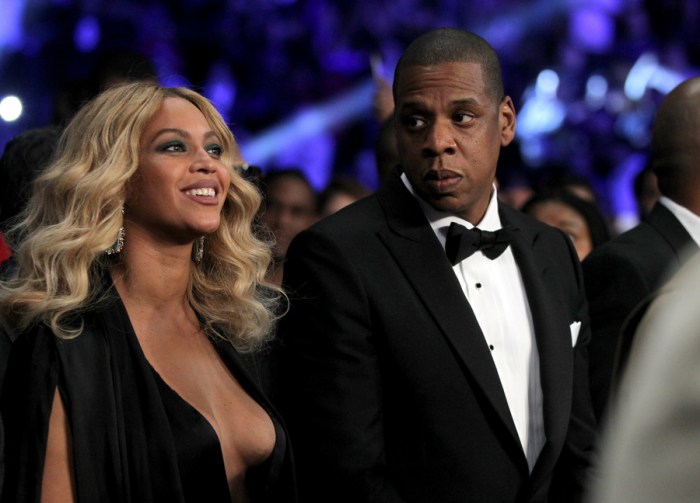The Museum of Fine Arts’ annual Stanley Kubrick retrospective runs for so long and has become such a Boston repertory film tradition it sometimes feels like it’s always going on, or as creepy Delbert Grady says to Jack Torrance in “The Shining” — Saturday’s closing night film — “you’ve always been the caretaker.” But Kubrick films are much better appreciated on the big screen, where their trancelike pacing and mesmerizing languors aren’t disturbed by distractions at home. These are also movies that benefit enormously from repeat viewings, as most were misunderstood by critics and audiences on initial release, and only gained classic stature over time. (Fun trivia: “The Shining” received Razzie nominations for Worst Director and Shelly Duvall as Worst Actress. Aren’t the Razzies awful?) Friday night’s “Eyes Wide Shut” mystified multiplexes in 1999 after a teasing, yearslong publicity campaign promised The World’s Biggest Movie Star™ and his wife getting hot and heavy in a top-secret sex thriller from The World’s Greatest Filmmaker™. Instead, the picture turned out to be a delicious, deadpan farce about the fragile masculine ego, casting Tom Cruise hilariously against type as a buttoned-up doctor who feels cuckolded by his wife’s imagination and dashes out into the New York City night, determined to cheat on her. Yet despite nearly the entire supporting cast (from Leelee Sobieski to Alan Cumming) all throwing themselves at the hunky M.D., cloddish Cruise bungles every opportunity and somehow even manages to strike out at an orgy. There are few sight gags in Kubrick’s filmography funnier than Maverick from “Top Gun” being so fussily well-mannered he shows up at a hooker’s apartment with a box of pastry. Saturday afternoon’s “Barry Lyndon” plays similar games with Ryan O’Neal’s star persona, while Kubrick undercuts the white-hot passions audiences expected from a romantic period piece with a brutally pessimistic chill. The film’s oft-repeated signature shot zooms out and away from the characters as they shrink into artfully arranged backdrops, consigned to their futile roles in a story the sardonic narrator himself spoils long before the movie’s ending. “Dr. Strangelove, or: How I Learned to Stop Worrying and Love the Bomb” also screens on Saturday afternoon and, thanks to current events, Kubrick’s wiseacre take on runaway phallic symbols and madmen fighting in the war room to preserve precious bodily fluids somehow feels a lot less outlandish than it did during last February’s retrospective. Hopefully we’ll meet again next year. If you go:
Through Feb. 25
Museum of Fine Arts
465 Huntington Ave.
Prices vary, mfa.org

























